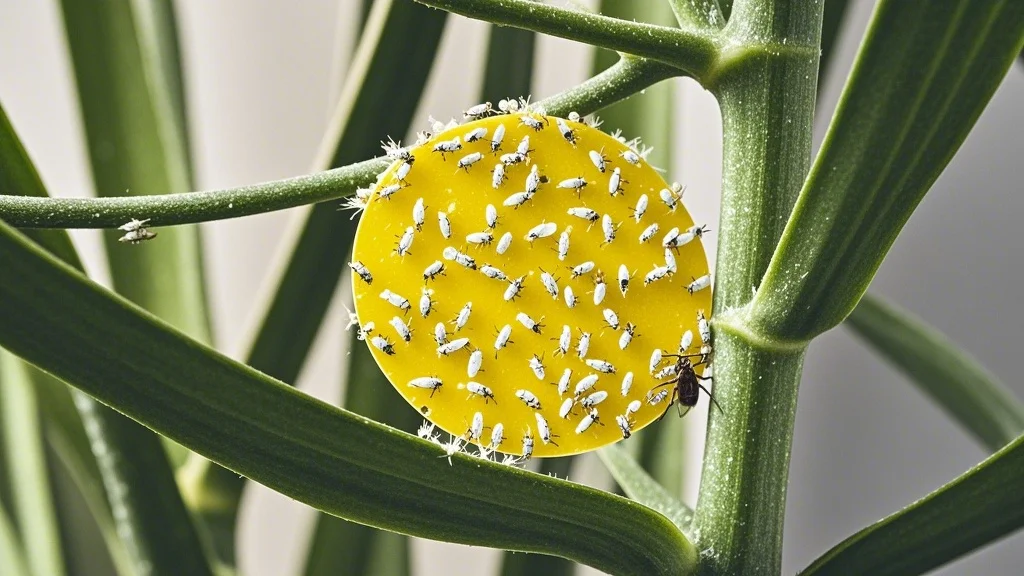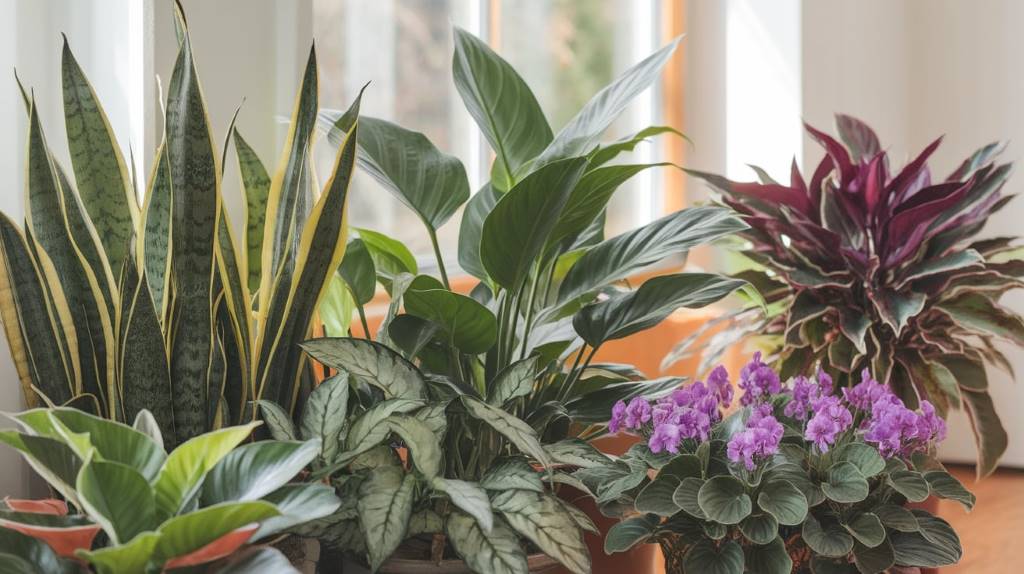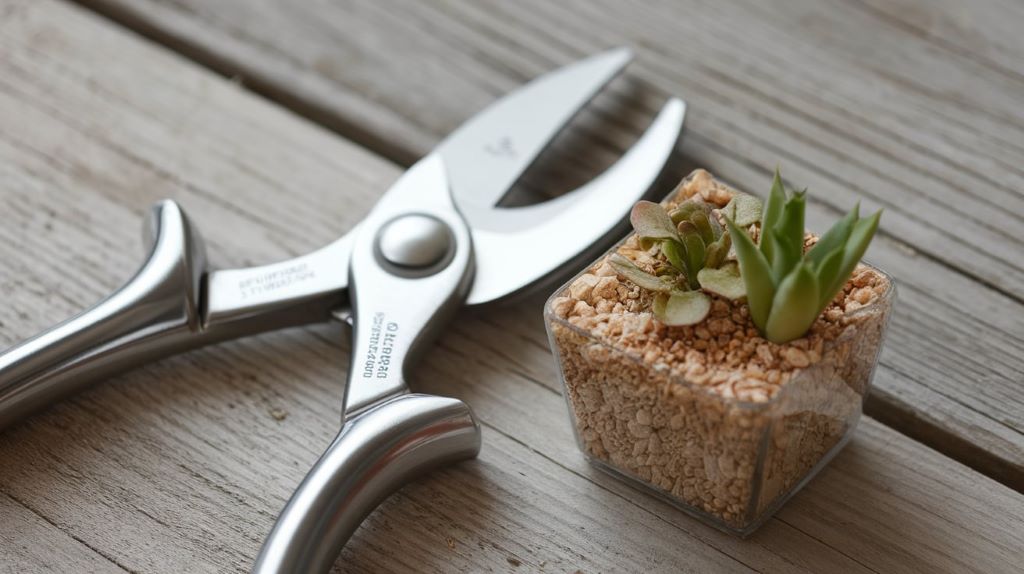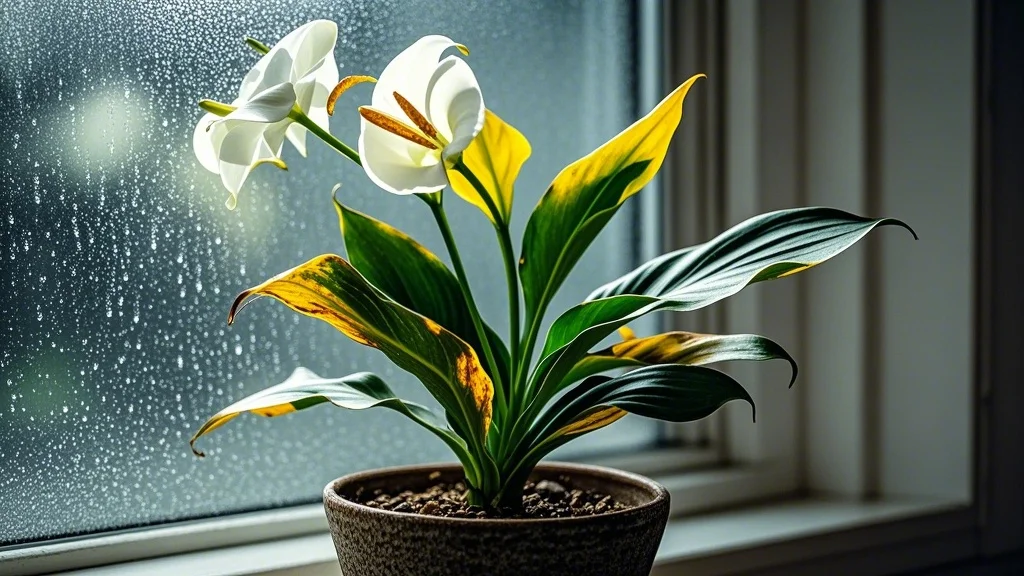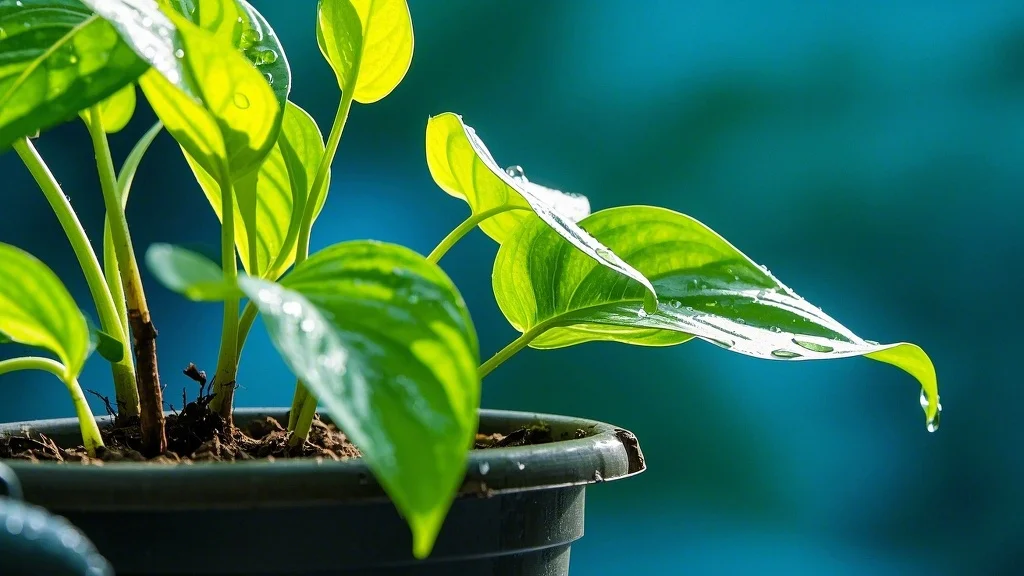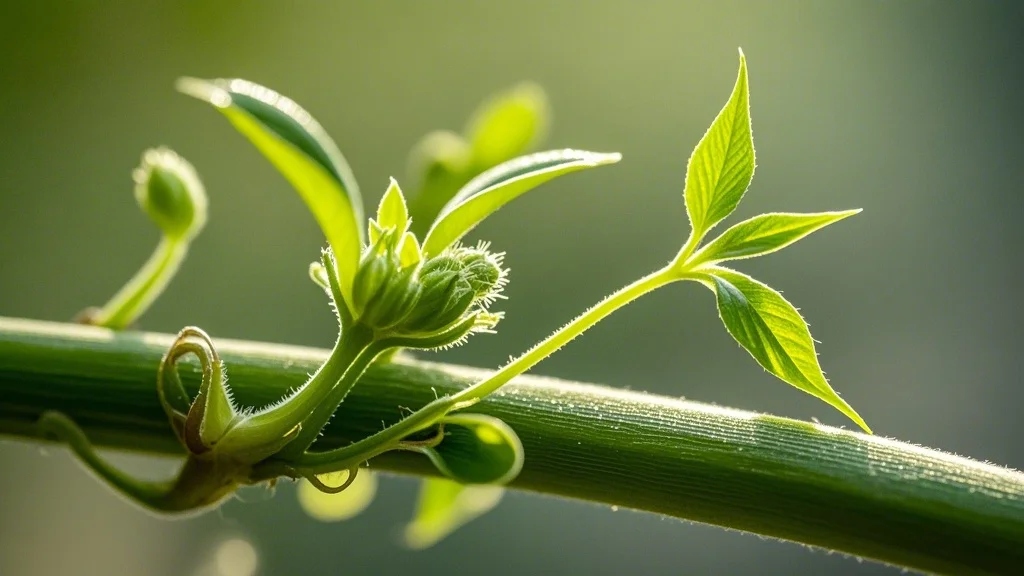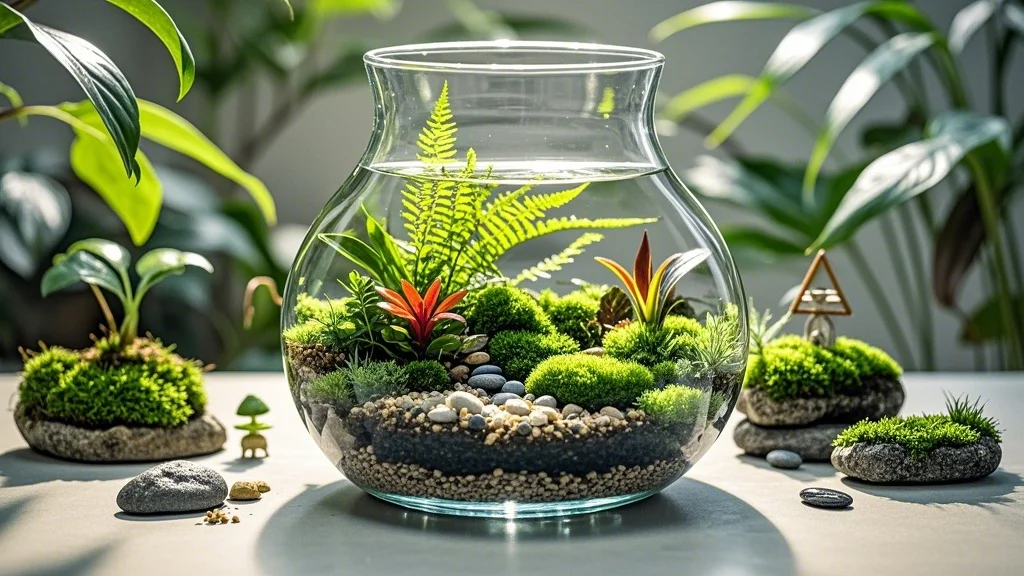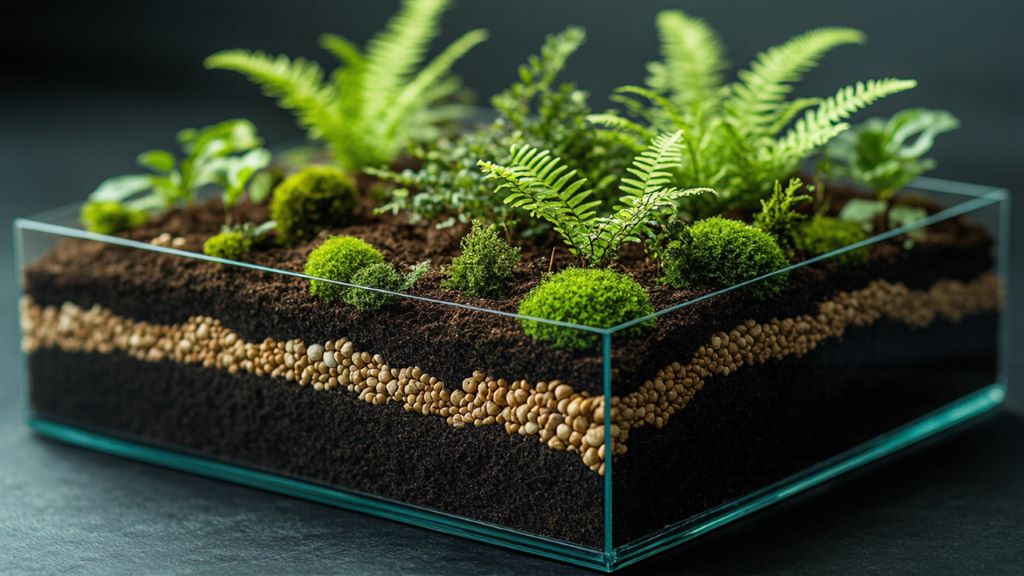Systemic insecticides have become an essential tool for serious plant enthusiasts and large collection owners battling persistent pest problems. These products offer long-term, internal protection for plants by being absorbed and distributed throughout the plant’s tissues. This guide will explore the best systemic insecticides available, how they work, and when to use them for optimal results.
Contents
- 1 Selection Criteria
- 2 Top Recommended Products
- 2.1 1. Bonide Systemic Houseplant Insect Control – Best Overall
- 2.2 2. Safer Brand Systemic Houseplant Insect Killer – Best Budget Option
- 2.3 3. BioAdvanced 3-in-1 Insect, Disease & Mite Control – Best Multi-Purpose
- 2.4 4. Bayer Advanced 12 Month Tree & Shrub Protect & Feed – Longest-Lasting
- 2.5 5. Monterey Garden Insect Spray – Best Organic Option
- 3 Comparison Points
- 4 How to Choose the Right Product
- 5 Frequently Asked Questions (FAQ)
- 6 Conclusion
Selection Criteria
When evaluating systemic insecticides, we considered:
- Efficacy against common houseplant pests
- Duration of protection
- Ease of application
- Safety for indoor use
- Potential phytotoxicity
- Value for money
Systemic insecticides are most appropriate for:
- Severe or recurring pest infestations
- Large plant collections
- Valuable or rare specimens
- Plants difficult to treat with topical sprays
While often more expensive than traditional pesticides, the long-lasting protection of systemic products can offer excellent value for serious plant collectors.
Top Recommended Products
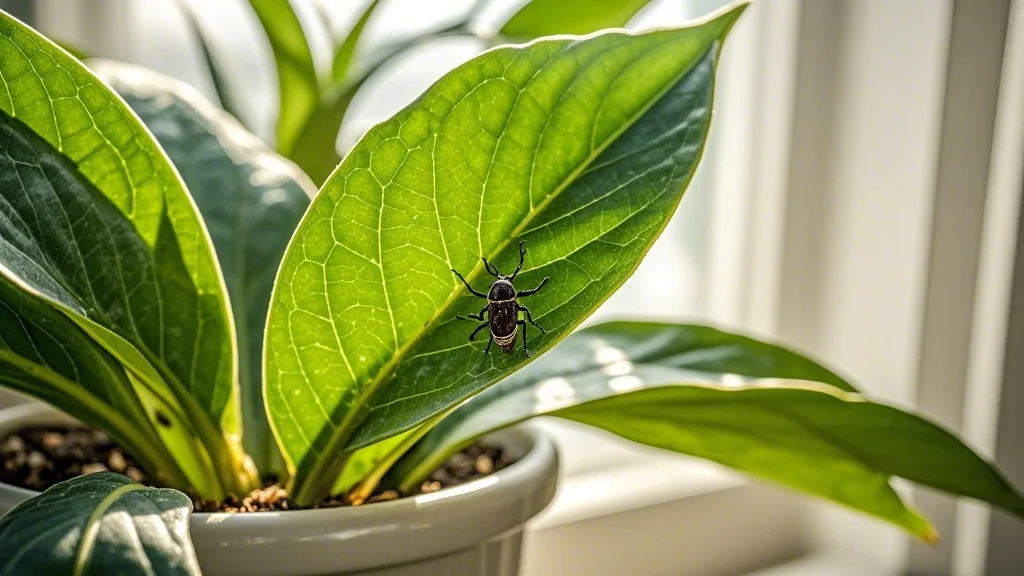
1. Bonide Systemic Houseplant Insect Control – Best Overall
Key Features:
- Active ingredient: Imidacloprid
- Granular formula for easy application
- Up to 8 weeks of protection
- Effective against a wide range of pests
Pros:
- Long-lasting protection
- Easy to apply
- Suitable for most houseplants
Cons:
- Not suitable for edible plants
- May require multiple applications for severe infestations
Best for: Large plant collections, valuable specimens
Price range: $$
2. Safer Brand Systemic Houseplant Insect Killer – Best Budget Option
Key Features:
- Active ingredient: Acephate
- Liquid concentrate
- Up to 6 weeks of protection
- Targets common houseplant pests
Pros:
- Affordable
- Easy to mix and apply
- Quickly absorbed by plants
Cons:
- Shorter protection duration than some alternatives
- Strong odor during application
Best for: Budget-conscious plant owners, small collections
Price range: $
3. BioAdvanced 3-in-1 Insect, Disease & Mite Control – Best Multi-Purpose
Key Features:
- Active ingredients: Imidacloprid, Tau-fluvalinate, Tebuconazole
- Concentrate formula
- Up to 2 months of protection
- Controls insects, mites, and fungal diseases
Pros:
- Comprehensive protection against multiple threats
- Long-lasting effects
- Suitable for indoor and outdoor use
Cons:
- More expensive than single-purpose products
- May be overkill for minor pest issues
Best for: Plants with multiple pest/disease issues, outdoor-indoor transitional plants
Price range: $$$
4. Bayer Advanced 12 Month Tree & Shrub Protect & Feed – Longest-Lasting
Key Features:
- Active ingredient: Imidacloprid
- Granular formula
- Up to 12 months of protection
- Includes fertilizer
Pros:
- Extremely long-lasting protection
- Feeds plants while protecting
- Ideal for large plants or trees in containers
Cons:
- Expensive
- Overkill for small houseplants
- Not suitable for all indoor plant species
Best for: Large indoor trees, valuable specimen plants
Price range: $$$$
5. Monterey Garden Insect Spray – Best Organic Option
Key Features:
- Active ingredient: Spinosad (derived from soil bacteria)
- Liquid concentrate
- Up to 4 weeks of protection
- OMRI listed for organic use
Pros:
- Organic and eco-friendly
- Safe for use around pets and children when dry
- Effective against a wide range of pests
Cons:
- Shorter protection duration
- May require more frequent applications
- More expensive than synthetic options
Best for: Organic gardeners, households with pets/children
Price range: $$$
Comparison Points
| Product | Active Ingredient | Duration | Indoor/Outdoor | Organic |
|---|---|---|---|---|
| Bonide | Imidacloprid | 8 weeks | Both | No |
| Safer | Acephate | 6 weeks | Indoor | No |
| BioAdvanced | Multiple | 8 weeks | Both | No |
| Bayer | Imidacloprid | 12 months | Both | No |
| Monterey | Spinosad | 4 weeks | Both | Yes |
Price Range Comparison:
$ – Safer Brand
$$ – Bonide
$$$ – BioAdvanced, Monterey
$$$$ – Bayer Advanced
Best for Specific Scenarios:
- Severe infestations: BioAdvanced 3-in-1
- Long-term protection: Bayer Advanced 12 Month
- Organic gardening: Monterey Garden Insect Spray
- Budget option: Safer Brand
- All-around use: Bonide Systemic Houseplant Insect Control
How to Choose the Right Product
Consider these factors when selecting a systemic insecticide:
- Type of pests: Ensure the product targets your specific pest problem.
- Plant species: Some plants may be sensitive to certain active ingredients.
- Duration of protection: Balance long-lasting effects with your willingness to reapply.
- Indoor vs. outdoor use: Choose a product appropriate for your plant’s location.
- Organic preferences: Decide if organic certification is important to you.
- Budget: Consider both upfront cost and long-term value.
Common buying mistakes:
- Choosing a product that’s too strong for the pest problem
- Neglecting to read and follow application instructions carefully
- Overusing systemic insecticides, which can lead to pest resistance
Tailor your choice to your specific needs:
- For a few valuable plants: Consider a more expensive, longer-lasting option.
- For a large collection: A moderately priced product with a shorter duration might be more cost-effective.
- For organic gardeners: Prioritize OMRI-listed products, even if they require more frequent application.
Frequently Asked Questions (FAQ)
Q: Are systemic insecticides safe for all houseplants?
A: While generally safe for most plants, some species may be sensitive to certain active ingredients. Always test on a small area first and observe for any adverse reactions.
Q: How long does it take for systemic insecticides to start working?
A: Most systemic insecticides begin to work within 24-48 hours of application, but it may take up to two weeks to see significant pest reduction.
Q: Can I use systemic insecticides on edible plants?
A: Most systemic insecticides are not recommended for use on edible plants. Always check the product label for specific guidelines.
Q: Will systemic insecticides harm beneficial insects like pollinators?
A: Systemic insecticides can potentially harm beneficial insects that feed on the plant’s nectar or pollen. For indoor use, this is less of a concern, but caution should be exercised when using these products on flowering plants that may be visited by pollinators.
Q: How often should I reapply systemic insecticides?
A: Reapplication frequency depends on the specific product and pest pressure. Generally, follow the manufacturer’s recommendations, which can range from every 4-8 weeks to once a year for some products.
Conclusion
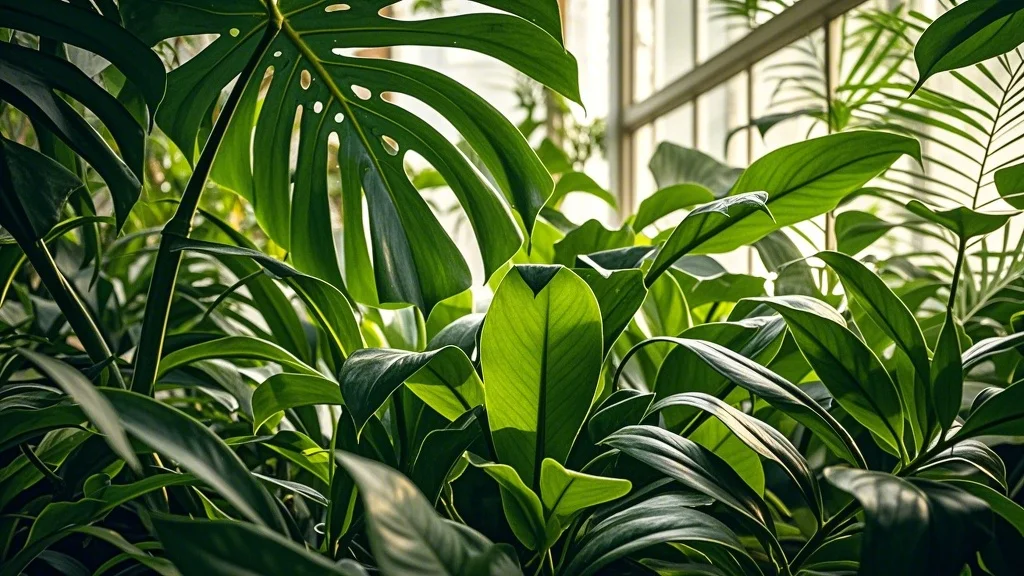
Systemic insecticides offer a powerful tool for managing persistent pest problems in houseplants, especially for serious collectors and those with large indoor gardens. By choosing the right product based on your specific needs, plant types, and pest issues, you can provide long-lasting protection for your green companions.
Remember to always use these products responsibly, following all safety guidelines and application instructions. While systemic insecticides can be highly effective, they should be part of a broader integrated pest management strategy that includes proper plant care, regular inspection, and less intensive treatments when appropriate.
With the right approach and product selection, systemic insecticides can help you maintain a thriving, pest-free indoor garden, allowing you to focus on enjoying and nurturing your plants rather than constantly battling infestations.

